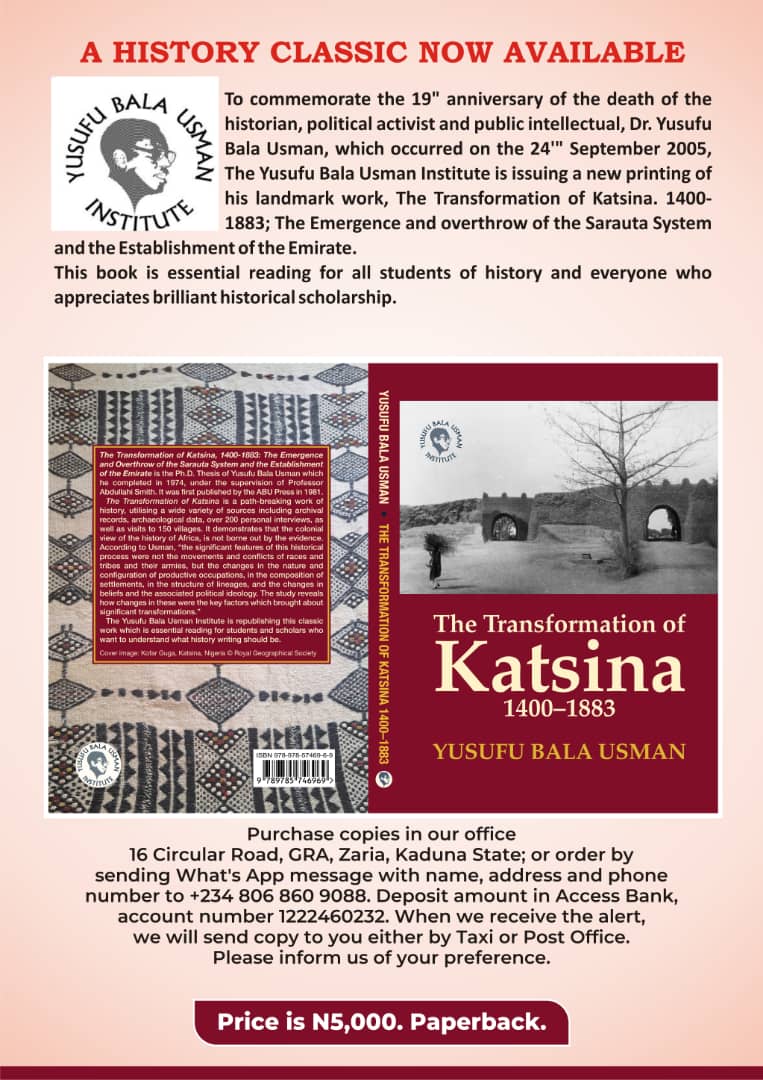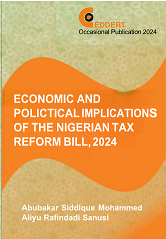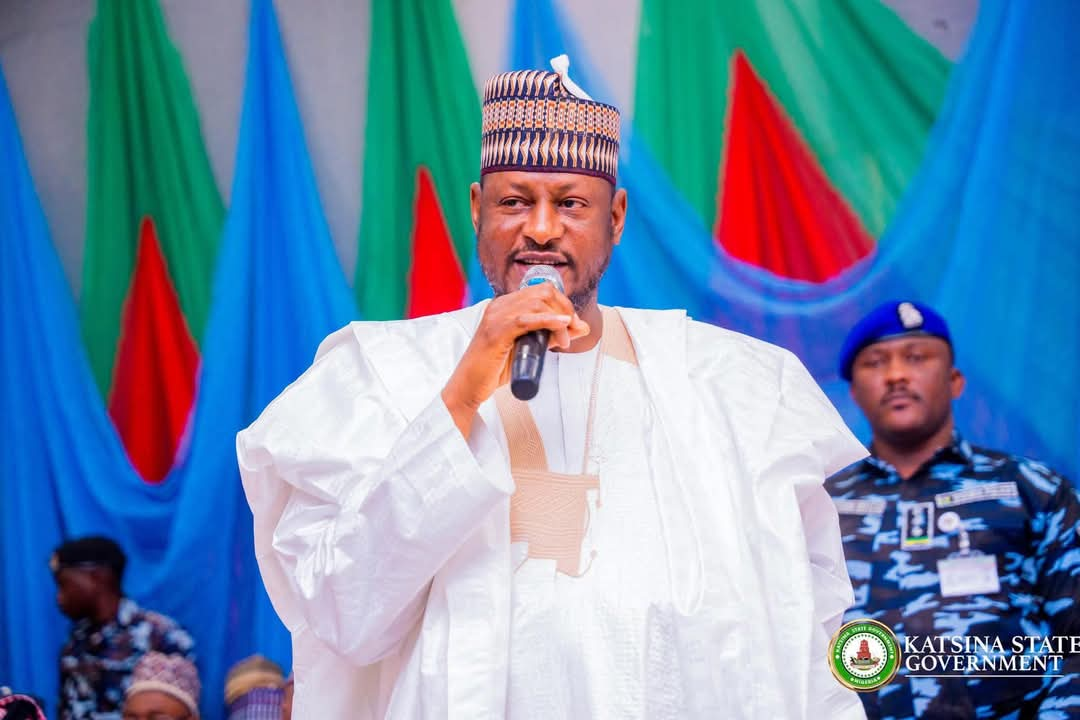Revamping Nigeria’s Economy: From Food Security to Industrial Resurgence

- Katsina City News
- 26 Jul, 2024
- 636
By Ibrahim Musa Kallah
With the government of President Bola Ahmed Tinubu focusing on agriculture and declaring a state of emergency on food security, it is essential to reflect on the events leading to the current situation. In the past, when Nigeria's industrial sector was thriving, people were engaged in industrial activities, and investments from both foreigners and Nigerians kept the economy vibrant, providing jobs and livelihoods.
During that era, industries such as UNTIL Kaduna, Unitex, Arewa Textile, Steel Rolling Mills, Kaduna Refinery, NEPA, NITEL, and numerous industrial complexes in Kano and Kaduna were bustling with economic activities. These industries directly or indirectly sustained many livelihoods. For instance, the Kaduna textile industry, overseen by the northern states, supported approximately 100,000 people daily, not to mention the 50,000 family members and small businesses benefiting from its operations. Additionally, the government garnered significant revenue from workers' taxes and excise duties.
However, this robust economic ecosystem collapsed when Nigeria shifted its focus to the easier but less productive revenue from oil. Since then, the country has become a rent-seeking economy, leading to the current economic challenges.
Ibrahim Musa Kallah, the coordinator of the Buhari Support Organization Katsina (BSO), calls on President Tinubu's government to not only declare a state of emergency on food security but also on the agro-industrial sector. The economy needs more than just food; value chain operations are crucial for revamping Nigeria's economic diversification. While food security ensures the availability of food, the value chain creates jobs that drive the economy.



